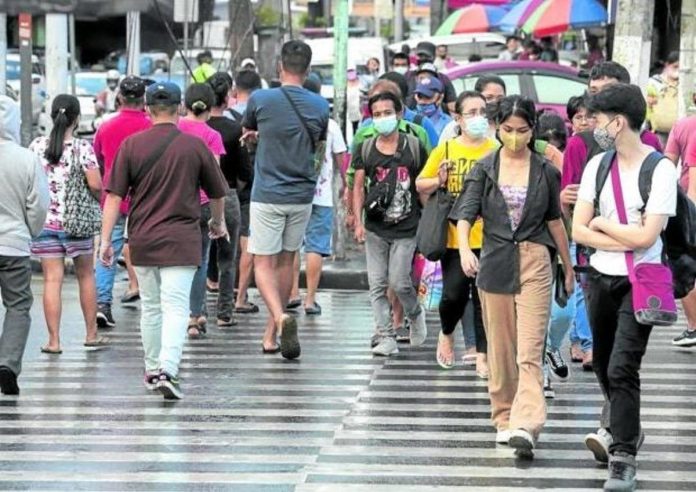
MANILA — Metro Manila slipped by four places to 136th among 173 cities in this year’s ranking of livable cities all over the world by the Economist Intelligence Unit (EIU). The annual EIU report measures livability through 30 qualitative and quantitative factors across five aspects: stability; health care; culture and environment; education; and infrastructure.
The city ranked down in stability to 55 this year from 60 last year.
It, however, fared higher in culture and environment, from 53.5 to 63, and in education, from 58.3 to 66.7.
Meanwhile, it maintained its score of 64.3 in infrastructure and 58.3 in health care.
This is against the backdrop of a general improvement among most countries in terms of overall livability.
Average score up
“This year’s average score has risen to a 15-year high, with a return to order after the COVID-19 pandemic and better health care and education in developing countries,” the summary read.
Globally, Vienna in Austria topped the ranking with a 99.1 score, Copenhagen in Denmark placed second with a 98, followed by Zurich in Switzerland in the third spot with a 96.3. Other cities that were included in the top 10 are Calgary and Vancouver in Canada, Geneva in Switzerland, Frankfurt in Germany, Toronto in Canada, Amsterdam in the Netherlands, Osaka in Japan, and Melbourne in Australia, in order.
The least livable cities, meanwhile, are Damascus in Syria and Lagos in Nigeria due to wars, conflicts, and terrorism. The study also took into consideration the impact of the COVID-19 pandemic on the living conditions in each city.
“The COVID-19 pandemic has affected living conditions in many cities, owing to its impact on the health-care infrastructure and restrictions and lockdown measures imposed by governments, which have put the health care, culture and environment, and education categories under stress,” the summary report read. (Abby Boiser © Philippine Daily Inquirer)






